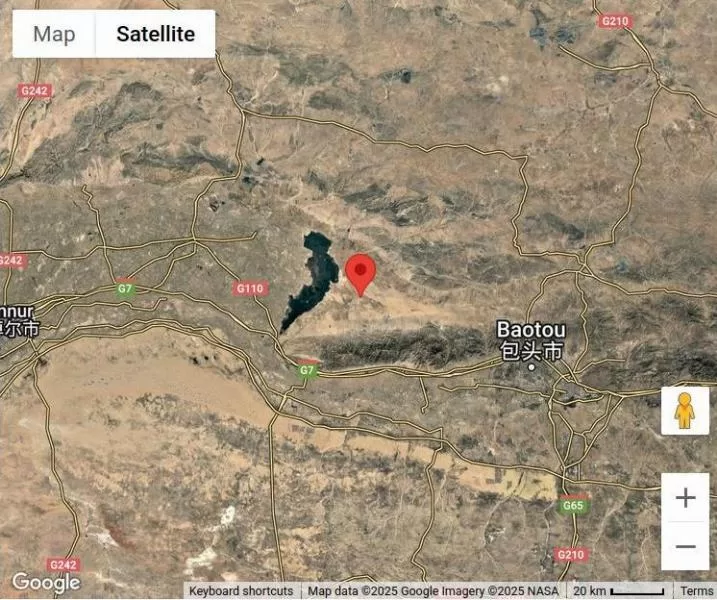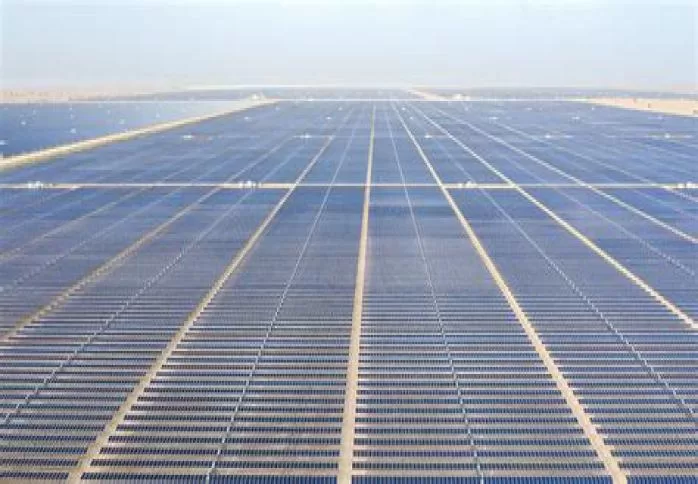JA Solar had began delivery of high-efficiency PV modules to the 2 GW Suji Sandland Solar Project in Urad Front Banner, Inner Mongolia ahead of its planned completion this year. The solar project in Inner Mongolia is part of the third phase of China’s large-scale renewable energy initiative. This initiative is committed to sustainability and ecological restoration.
Suji Sandland Solar Project factsheet
Location: Urad Front Banner, Inner Mongolia
Nameplate capacity: 2 GW
Estimated annual electricity production: 2.96 billion kWh
Solar farm area: 42,000 acres
Developer: China Huaneng Group Co Ltd
PV module supplier: JA Solar
Project commissioning date: 2025
More on the project
According to developers like JA Solar, desert areas like Suji Sandland pose “ecological and environmental challenges”. In response to this, concerted efforts by the government and local renewable developers like China Huaneng Group are putting these areas into sustainable and profitable use.
In the latest mark of progress, JA Solar will supply its DeepBlue 4.0 Pro modules to Suji Sandland for use in clean solar energy generation. The PV module will also be used in the desert zone’s green transition.

The project’s sustainability and ecological restoration
Lying on 42,000 acres of arid land, the 2 GW solar project will produce 2.96 billion kWh of electricity annually. This will be used in both local and remote consumption.
According to the PV panel supplier, the 2 GW Suji Sandland Solar Project will also save approximately 900,000 tons of standard coal, and reduce CO2 emissions by 2.68 million tons annually.
Under-modular planting will also be incorporated in the project in ecological restoration efforts. This will help build a micro-ecosystem and fight desertification.
JA Solar delivering PV panels to the 2 GW Suji Sandland Solar Project in Inner Mongolia ahead of its completion underscores two important goals. Renewable energy transition and ecological restoration.

Leave a Reply